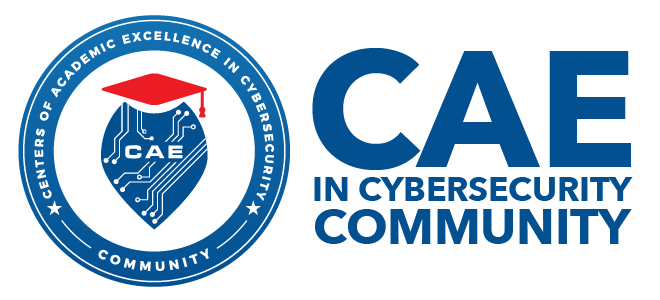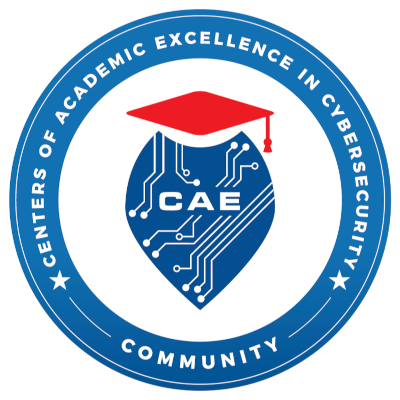CLARK: A LIVING CYBERSECURITY DIGITAL LIBRARY
It is clear that in order to address the cybersecurity education and workforce crisis, the challenges are not just numerous but also inextricably linked. The least of which include a greater number of prepared faculty, effective curriculum, and infrastructure to host, use, and disseminate the curriculum. There is a demonstrated need for a cybersecurity digital library (DL) that will help address these challenges.

